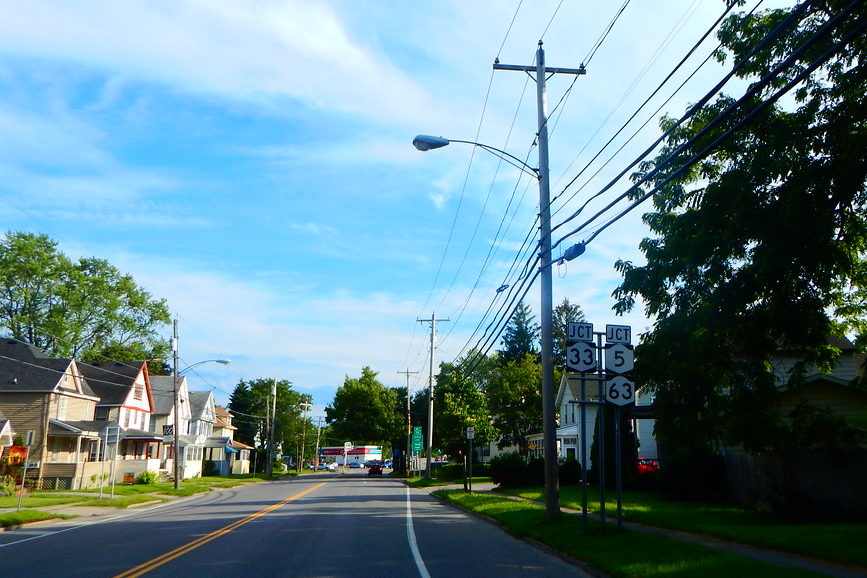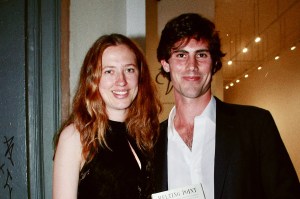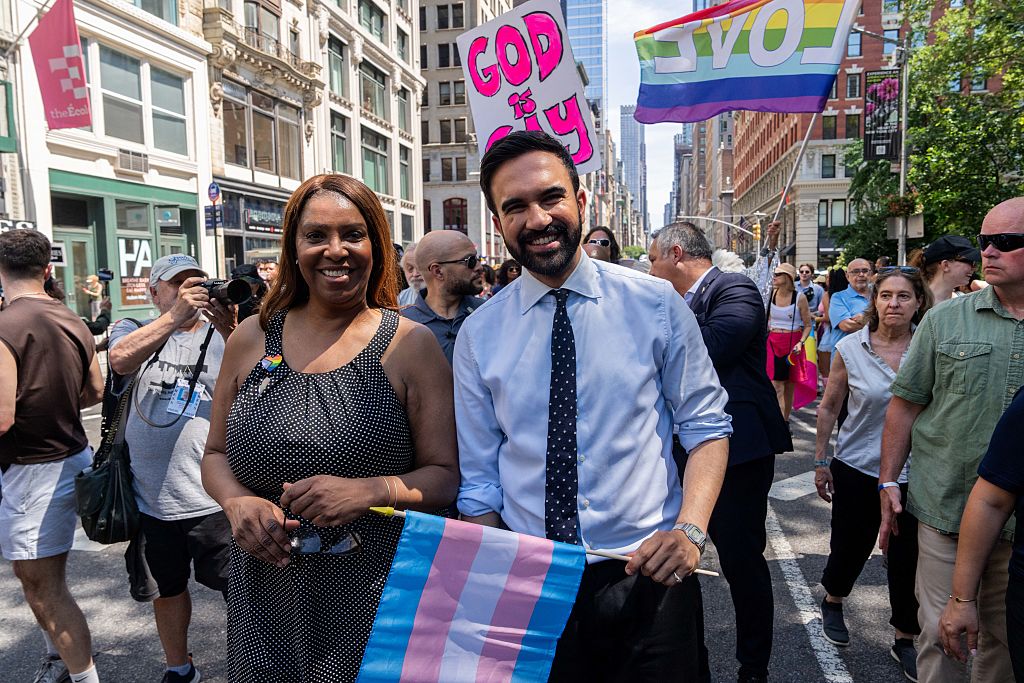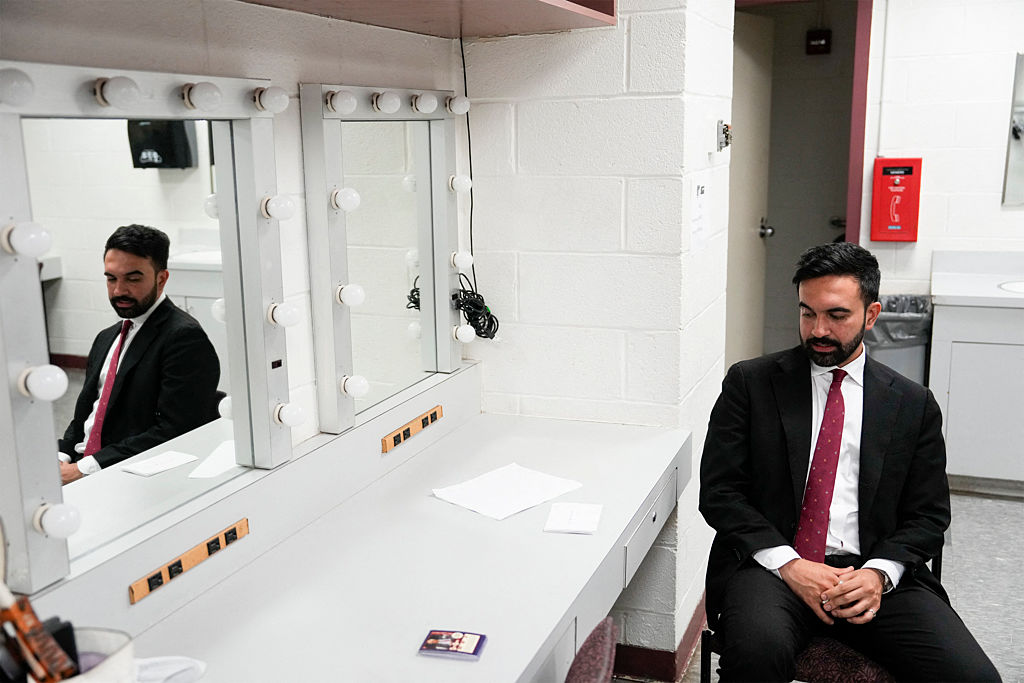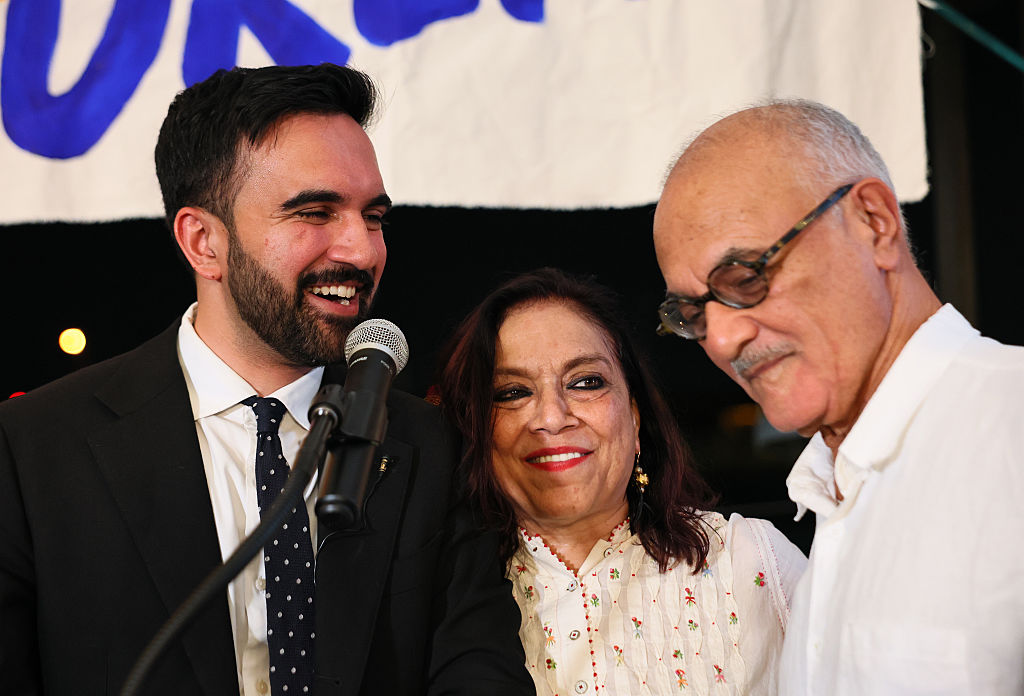This article is the American Life column from
The Spectator’s inaugural US edition. Subscribe here to get yours.
Batavia, New York, my favorite place in the world, was described by Alexis de Tocqueville on his American tour: ‘Scattered houses then marshes. Rooms built of tree trunks.’
OK, it wasn’t the Frenchman’s most memorable passage. But Tocqueville was more charitable than my landsman John Gardner, the 20th-century novelist who called Batavia a symbol of ‘both spiritual death and the death of civilization’.
Gardner, a nomadic academic who had left town years earlier, was responding to the federally funded razing of Batavia’s core in the 1960s under the cruelly misnamed Urban Renewal Program.
I suppose this act of wanton destruction — desecration — explains why I abhor grandiosity, men who Dream Big, and those who worship ‘change’.
Not that Washington, DC bears all the blame for this municipal homicide. It was suicide, too. Our city fathers, bedazzled by the goddess Progress, were complicit. But it’s a fallen world, and what can we do but forgive, forgive, and then forgive some more? (I used to want to string those responsible from a lamppost, but I’ve mellowed in late middle age.)
Gobbling down a raspberry scone in Moonjava, a marvelously unpretentious coffee shop and gathering place tucked in the quondam Massey-Harris farm equipment factory, I stare across the street at the Old Batavia Cemetery, wherein I will dwell someday — some distant day, I trust. Or at least my mortal remains will there repose, whilst my spirit dawdles in the bus station called Purgatory.
In the distance I spot the obelisk of Joseph Ellicott, our town’s founder, who in 1826 hanged himself in an insane asylum, leaving a suicide note that whined, ‘However much I give to people, they do not love me.’ (I promise not to burke myself, and I sure won’t leave any self-pitying valedictory, though all you bastards out there who never bought my books will have to answer to a higher power, and I don’t mean Jeff Bezos.)
This small city (population 15,012) of my birth, which is more or less conterminous with my imagination, is the seat of rural Genesee County, at the western edge of that section of Upstate New York once known as the Burned-over District, an appellative nod to the 19th-century fires of idealism and kookery that scorched these parts: anti- Masonry, Mormonism, feminism, Shakerism, abolitionism. (I leave the idealism/kookery distinctions to the reader.)
Fires damped, we are now a punched hole in the Rust & Opioid Belt. The county went for Donald Trump by a margin of better than two-to-one, not because many were taken in by his carnival-barker bombast but because, unlike the submissive helpmeet of Wall Street and the perpetual-war complex whom the Democrats nominated, Trump did not obviously hate our guts.
I am a part of this place, indissolubly, and it is a part of me; as my fellow Upstater Frederick Exley, the bibulous memoirist of A Fan’s Notes, once said of his hometown, ‘Watertown is not in my marrow; it is my marrow.’ On Upstate’s flipside, Michael Bennett, director-choreographer of A Chorus Line, cracked of his natal place,‘To commit suicide in Buffalo is redundant.’ But Exley was a sensitive artist and Bennett a coke-fiend Broadway schlockmeister with about as much soul as a Times Square souvenir kiosk. The necrotic effects of cable television upon the tissues of civic and social life are much less advanced here than in the metropoles. One needn’t enlist in the cretin armies of Sean Hannity or Rachel Maddow. Intimacy of scale means that like and unlike are thrown together in community enterprises. I have seen Assembly of God elders work side by side with very out gays in the cheerful labor of neighbors because they come to know each other as multidimensional persons. This is simply not possible on a mass scale, or with TV or the internet as intermediary.
Genuine diversity, that formerly useful word that has been drained of all meaning, exists at the human scale but is a grotesque parody on a larger stage. It has ever been so: there was an infinitely greater diversity of thought in a 1912 meeting of the Burdett, Kansas, chapter of the Woman’s Christian Temperance Union than there is today in the entirety of the Manhattan and Brooklyn art scene.
My friend Henry W. Clune, an underrated Rochester novelist who died at the Methuselan age of 105, used to say that all he ever really wanted was to appear considerable in the eyes of his hometown. I’ll settle for staying out of the police blotter. But no place on earth will ever appear as considerable to me, as full of meaning and mysteries that I will never quite puzzle out, as my hometown.
The older I get the more it all seems like a vivid and continuous dream, to borrow a phrase from John Gardner. Which returns us to forgiveness, for despite our status as civilization’s terminus, every October 20 or so of us gather at Gardner’s favorite diner, The Pok-a-Dot, to read from his works and conjure his troubled spirit. Je me souviens, in the wonderful motto of Quebec. I remember. We remember.
This article is the American Life column from The Spectator’s inaugural US edition. Subscribe here to get yours.



